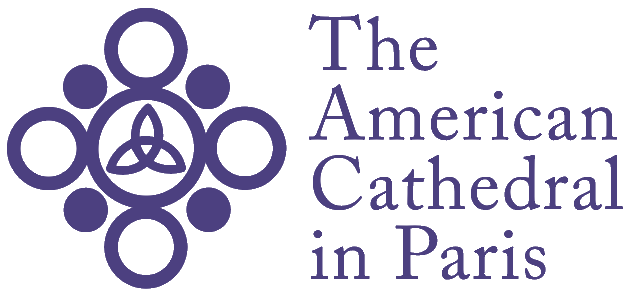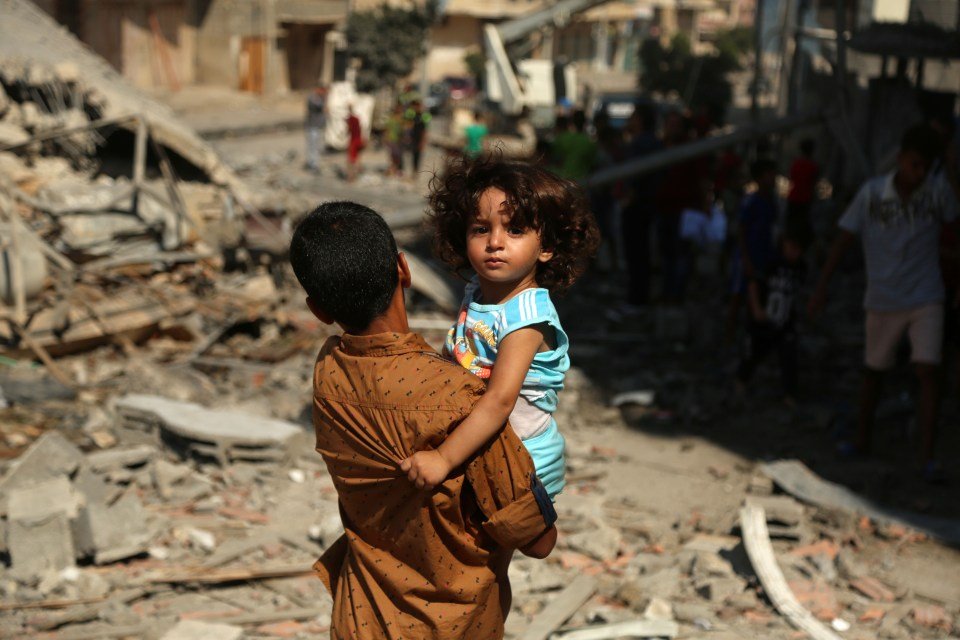A Pastoral Word to the Church | Untangling the Cords of War
A letter by the Rt. Rev. Mark D. W. Edington
My sisters and brothers,
I write on the eve of the Jewish sabbath, the first since the horrific attacks launched by Hamas terrorists against Israeli communities. This night will bring a sabbath unlike any other for many decades, a sabbath during which the Holy Land is again in the grip of an expanding war.
This is not the moment for us to be offering judgments about relative degrees of culpability or blame. Hostages are being held under threat of death. Gaza is now under effective siege, with imminent and catastrophic humanitarian consequences. There are innocent people on both sides of this conflict who are being killed and wounded. We must pray fervently that an end to this violence comes as soon as it possibly can.
That statement itself should not be controversial, and yet it is. Caught in the grip of fear and hatred, many in this conflict cannot imagine the humanity of those on the other side. They see no possibility of innocence in the other. And that, of course, is a fundamental error—one that every human is liable to make.
Throughout its long history, the Episcopal Church in Europe has borne witness to the ravages of ethnic conflict and the reality of genocide. Episcopalians worshiping in Dresden, Munich, and Paris saw their Jewish neighbors rounded up and sent to the concentration camps. And we have in our congregations sisters and brothers of Palestinian descent, who trace their roots to the Episcopal Church of Jerusalem and the Middle East—and still more deeply to the most ancient churches of our faith.
Many of us have been on pilgrimage in the Holy Land, and have seen for ourselves both the work and witness of Palestinian Anglicans there—supporting schools, hospitals, and many other charitable ministries serving all people in need. The Episcopal Church of Jerusalem and the Middle East has labored over decades for peace, supporting the two-state solution envisaged by the Oslo accords. Many of us have families that encompass people who are Jewish and people who are Muslim. We long for a just and peaceful outcome that will somehow redress the wounds of history and the tangle of politics. And we cannot, from here, see how that might ever be possible.
The simple answer is, without God it will not be. Without God, it will never be. Jesus called the peacemakers blessed, for they alone recognize our dependence on God for the making of true peace—because the making of true peace is a matter of transforming human hearts.
I send these words at the end of a week that began with elections across Germany, in which the voices of intolerance and bigotry appear to be in ascendance—as they are elsewhere in Europe. In the slogans from these quarters we hear echoes of the rallies from eighty and ninety years ago that called for the deportation—and then the extermination—of the Jewish people. The anti-Islamic bigotry now so prevalent in European political discourse is a close relative to the anti-Semitism of decades before—which remains very much with us.
For what then shall we pray? For peace, to be sure. For the discipline and courage to be peacemakers. For a recognition of mutual humanity among people caught in the grip of conflict. And always for the peace of Jerusalem, the place where God first caused his name to dwell.
This morning I joined with a group offering this prayer from the Syrian Orthodox tradition, to which I can imagine no possible improvement:
God help us. The whirlpools and waves of sins that we have committed are encircling us. Be the port of peace for us, so that we may not sink in the sea of sins. As you extended your hand to Peter, extend your hand to us, and help us.
In the hope of the peace that was the prayer of Christ,


